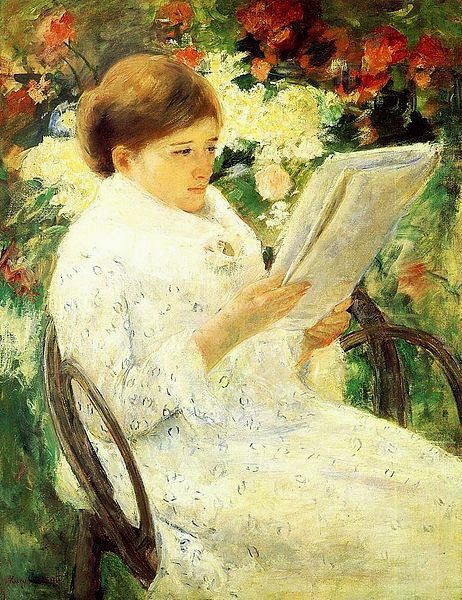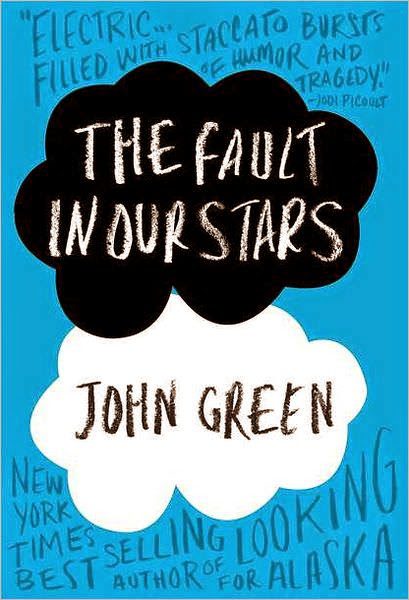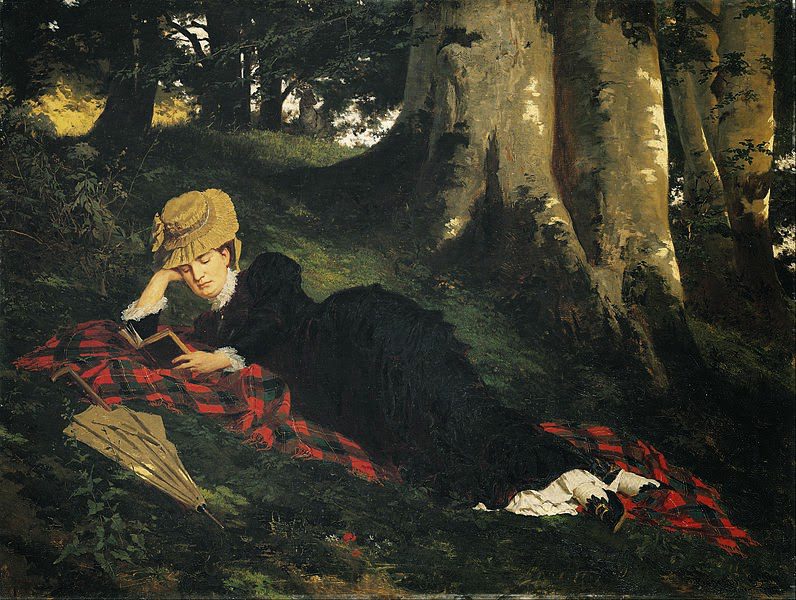Why do we enjoy reading fiction? – books on the brain

Why do we enjoy reading fiction? It seems like a simple question to answer; a question that’s not really worth asking at all, perhaps. However, Keith Oatley’s fascinating Such Stuff as Dreams: The Psychology of Fiction doesn’t leave such matters unturned.
I’ve explored Oatley’s ideas before, and his superb interpretations of fiction and psychology couldn’t be more interesting. Because of this, I’ve decided to write a series of articles – let’s call it Fiction on the Brain – to explore the theories and research on the links between fiction and the brain.

Through these installments, I’ll aim to make the psychology of reading as accessible as possible to you, touching on issues such as: how fiction can improve our social skills, why reading can be good for us, and how literature moves us emotionally.
To start with, let’s consider why we enjoy reading fiction in the first place.
The main reasons considered by Oatley include:
- Fiction is the natural transition from childhood play. Both play and fiction are activities that we can engage with and express wishes through.
- Exploration is in our genes, and fiction is a superb way to use these detective skills of ours.
- Our genes make play, and therefore reading fiction, enjoyable because they help us be interactive and manage our emotions.
- We do what we’re good at, and we’re naturally good at considering the perspectives of others and getting inside a new role.
Let’s delve into these a little deeper…
Why we enjoy reading fiction
1. Exchanging childhood play for fiction
During childhood, we probably all wished to be something else: a fairy, an astronaut, or perhaps a grown-up. Oatley describes how childhood play is an expression of wishes: wishing to be someone else and then pretending to be this person.
Rather than giving it up as we grow up, our expression of wishes transmutes. Oatley uses a teaching by Freud to explain this: we generally don’t give up our pleasures; rather, we exchange them for something equally pleasurable.
In this case, as we bridge the gap between childhood and adulthood, we exchange childhood play for activities that derive from it, such as fiction, sports and the arts. When reading a novel, we can identify with a protagonist and take on their role (just like we did during childhood play).
2. Maybe it’s in our genes
When playing games as children, we were likely to be engaged with the activity, enjoying it, and – most of the time – exploring. Whether playing hide and seek or creating a den outdoors, exploring is a great part of childhood play.
Exploration is pretty important, too, and we could even say that children play because it’s hardwired in our brains. After all, by exploring we have discovered new places, created life-changing inventions, and become healthier and stronger people.
As we grow older and stop playing around in the childlike sense, we explore in new ways. One way of letting our inner-explorer loose is by reading fiction.

3. We’re social creatures
Similar to how our genes made sweet things enjoyable because they were likely to keep us healthy and safe many years back, Oatley states that perhaps we find fiction enjoyable because it helps us acquire social skills and manage our emotions.
As we enjoy fiction, we form symbolic friendships with characters and narrators. We learn from their decisions and mistakes, and we may even adopt their dreams for ourselves. One brilliant point that Oatley makes – which I’m sure you will agree with – is that readers tend to enjoy forming ‘literary friendships’ because they’re free from the damaging possibilities which sometimes bother us in reality. When we pick up a novel, we connect with others on our own terms, and we don’t go away worrying “what will they think of me?”
4. We like to consider the perspectives of others
Such Stuff as Dreams also considers Liza Zunshine’s proposal (Why We Read Fiction, 2006) for why we enjoy fiction: that we are good at working out what other people are up to. Zunshine suggests that because we enjoy what we are good at, we enjoy fiction.
An author will give us some details about a character, but there’s much left unsaid (particularly, for instance, in detective fiction such as the Sherlock Holmes stories). To remedy this, we enter into what Oatley describes as our ‘theory-of-mind processes’ (skills that we’ve been developing since our early years of play), and, in entering the minds of others, we edge towards intimacy with them.
 |
| Woman Reading in a Forest by Gyula Benczúr (1875) |
For more research-backed insights into the psychology of reading, here’s my collection of the best statistics about how reading fiction helps us feel better.
The ideas mentioned in this post are sourced from: Oatley, Keith. Such Stuff as Dreams: The Psychology of Fiction. Chichester: Wiley-Blackwell, 2011.
Enjoy more from me
- Retreat into my new book, Your Life in Bloom: Finding Your Path and Your Courage, Grounded in the Wisdom of Nature.
- I'm also the author of Mountain Song: A Journey to Finding Quiet in the Swiss Alps, a book about my time living alone by the mountains.
- If you love books, are feeling a little lost right now, and would love some gentle comfort and guidance, join The Sanctuary, my seven-day course to rebalance your life.
